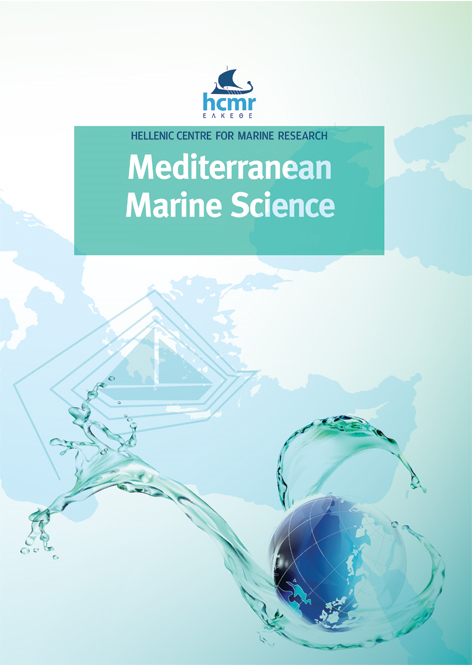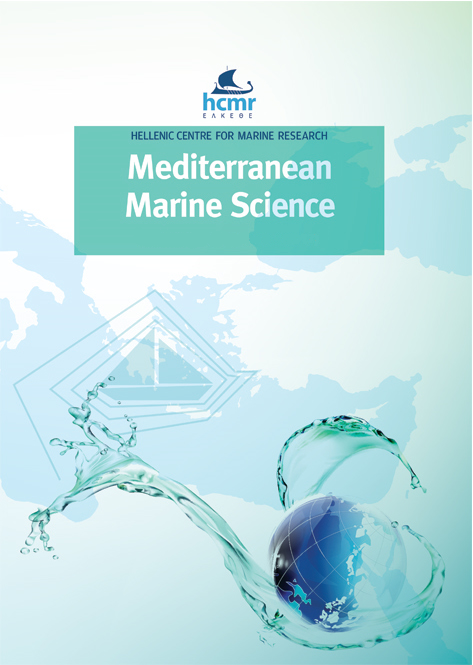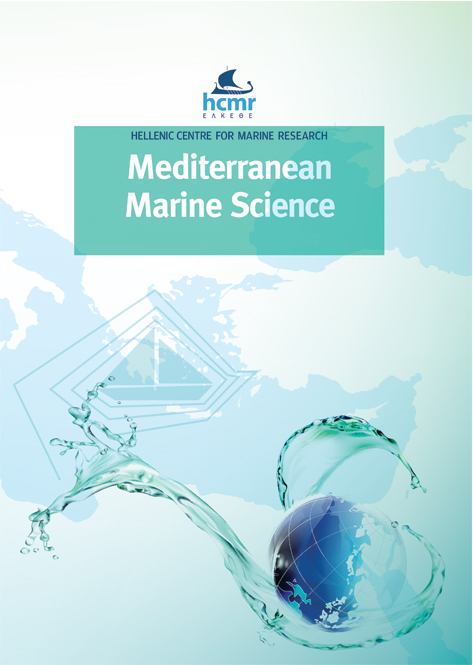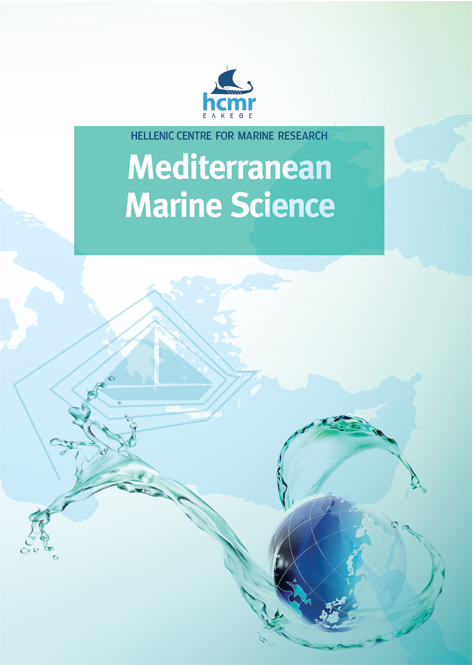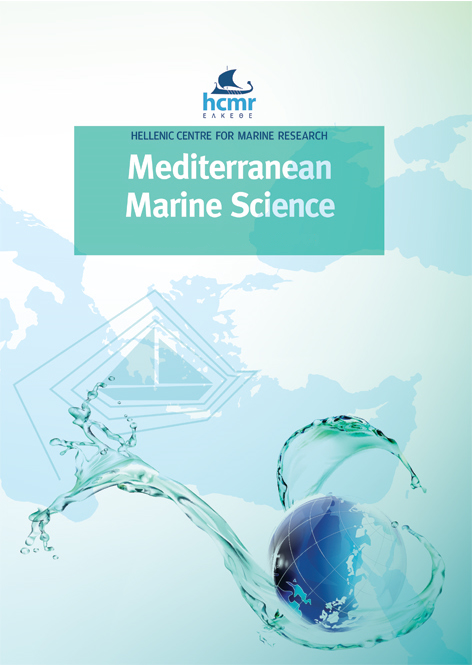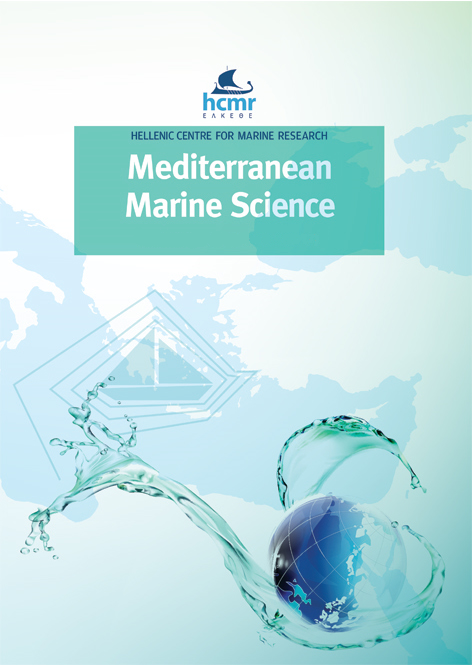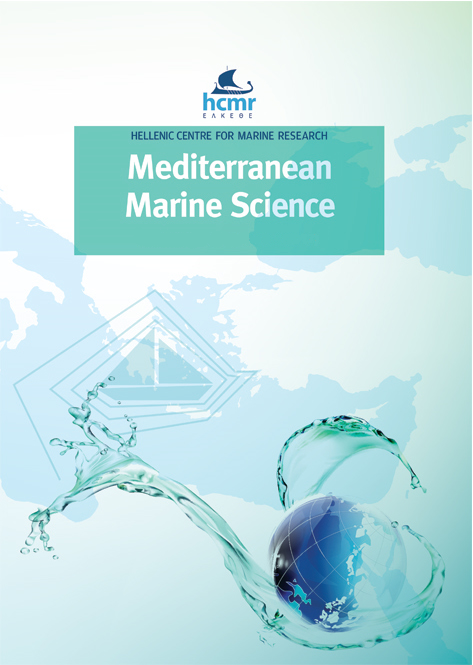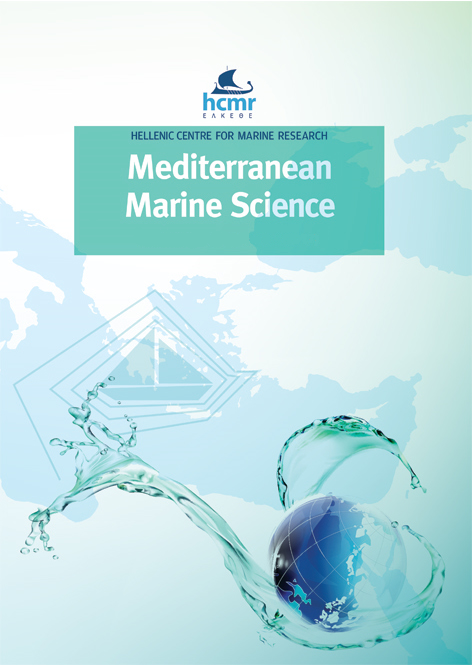Established non-indigenous species increased by 40% in 11 years in the Mediterranean Sea
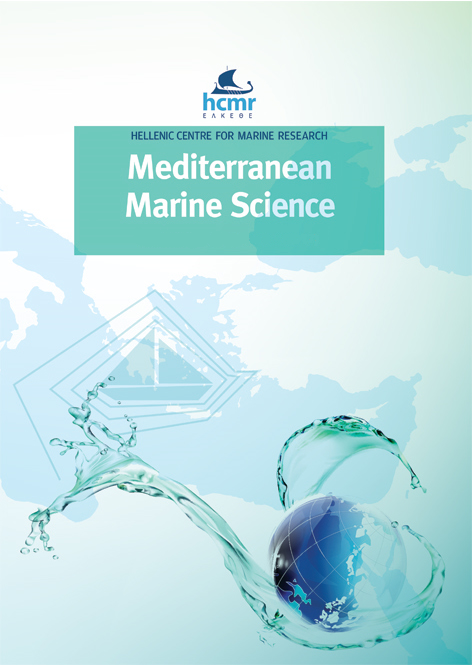
Résumé
Using a 2010 review of non-indigenous species (NIS) reported in the Mediterranean Sea as a baseline, this study undertakes a paramount revision of the non-indigenous species list in the region up to December 2021, re-evaluating the established, casual and failed introduction events of over 1366 taxa. In the light of new data and expert judgement, 14 species have been removed from the “established list” of the Mediterranean Sea inventory. The total number of validated NIS is close to 1000—751 established taxa and 242 casual taxa—while 23 species are considered as failed introduction. The rest are tagged as cryptogenic (58 taxa), questionable (70 taxa) or excluded (223 taxa). Mollusca have the highest diversity among established and casual NIS (230 taxa), followed by Pisces and Crustacea with 173 and 170 NIS respectively. The changes in establishment status reveal an accelerated rate of establishment (13%) between January 2020 and December 2021 (>6% yearly), compared to an establishment rate of 27% in the period 2011–2021 (<3% yearly). This increased establishment success is more pronounced in Crustacea (47%) and Pisces (43%) than in Polychaeta (27%) and phytobenthos (30%). In the period 2011–2021, 42% of the newly reported species were established (149 out of 352). On a shorter timescale, out of 79 new species reported in the period 2020–2021, 17 NIS (21.5%) have already established, a figure well above the 10% prediction of invasion theory on establishment success for Mediterranean marine NIS.
Article Details
- Comment citer
-
ZENETOS, A., ALBANO, P. G., LÓPEZ GARCIA, E., STERN, N., TSIAMIS, K., & GALANIDI, M. (2022). Established non-indigenous species increased by 40% in 11 years in the Mediterranean Sea. Mediterranean Marine Science, 23(1). https://doi.org/10.12681/mms.29106
- Numéro
- Vol. 23 No 1 (2022)
- Rubrique
- Review Article
Authors who publish with this journal agree to the following terms:
- Authors retain copyright and grant the journal right of first publication with the work simultaneously licensed under a Creative Commons Attribution Non-Commercial License that allows others to share the work with an acknowledgement of the work's authorship and initial publication in this journal.
- Authors are able to enter into separate, additional contractual arrangements for the non-exclusive distribution of the journal's published version of the work (e.g. post it to an institutional repository or publish it in a book), with an acknowledgement of its initial publication in this journal.
- Authors are permitted and encouraged to post their work online (preferably in institutional repositories or on their website) prior to and during the submission process, as it can lead to productive exchanges, as well as earlier and greater citation of published work (See The Effect of Open Access).





